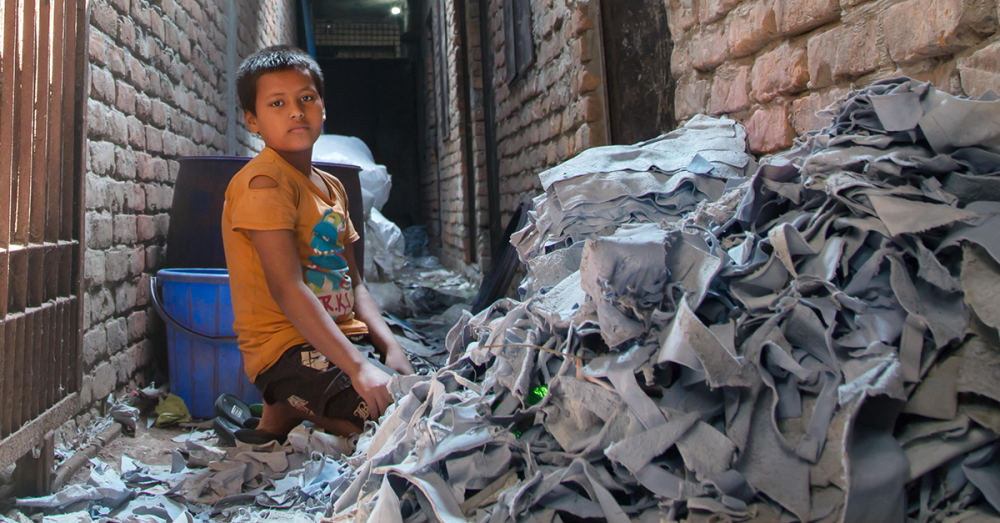
Mandatory Due Diligence Landscape: Why Waiting Is Not an Option
In February of 2022, the European Commission published its proposal for a Directive on Corporate Sustainability Due Diligence. Since then, it has been much debated with interest group proposing changes as it still needs to get past the European Parliament and Council. The directive is expected to become reality by 2027-2028 for the intended companies, which in the current proposal is a mere 1% of EU companies.
This is no reason for EU companies, or companies selling in the EU, to sit back and wait for things to unfold. The contrary is true, with many countries pursuing or extending compliance with, or creating new due diligence legislation. Adding ever-increasing public scrutiny, the results of which are rapidly spread across various social media channels, it is clear companies need to be ready.
Going
The Dodd Frank Act Section 1502 has been in force in the US since 2010, requiring companies to exercise due diligence to understand and report the presence of conflict minerals in their product. China issued Due Diligence Guidelines for Responsible Mineral Supply Chains in 2015 and the EU Responsible Sourcing of Minerals Regulation has been in force since 2017.
Similar due diligence legislation, focusing on modern slavery, forced labor and child labor have been around since 2015. Both the UK (2015) and Australia (2018) have a Modern Slavery Act, holding companies accountable for slavery along the entire supply chain. The US Trade Facilitation and Trade Enforcement Act of 2015 aims to prevent goods made with forced labor from entering the country, with the additional Uyghur Forced Labor Prevention Act which came into force in June 2022.
Going
In 2017, France was the first country to pass a comprehensive due diligence legislation, the Duty of Vigilance law. This law places a due diligence duty on French companies to implement and communicate measures to identify risk and prevent negative impact on human rights and the environment.
France was recently followed by three more countries. Switzerland, Norway and Germany all have passed legislation which will come into force between now and the next 12 months. While each has differences in focus and liability, all are grounded on the principles of due diligence. Companies which fall within the scope are expected to identify, assess, prevent and remedy risks and impacts in their own operations and the supply chain, often with specific focus on forced and child labor or conflict minerals.
In the Netherlands, the proposed Child Labor Due Diligence Act, which was scheduled to come into force in 2022, may become superfluous with the Dutch government’s new work on a national bill on Responsible and Sustainable International Business Conduct.
And more is on the horizon.
In the EU, legislative proposals have been submitted in Belgium and Spain. The US, where the California Transparency in Supply Chains Act has been in force for a decade, both New York State and Washington State are now each debating proposed Fashion Sustainability and Social Accountability Acts. Perhaps not a law, but still a significant move, the Japan government has recently published human rights due diligence guidelines for Japanese businesses.
Gone?
Due diligence legislations invariably refer to the UN Guiding Principles on Business and Human Rights and the OECD Guidelines for Responsible Business Conduct.
The 10th anniversary of the UN Guiding Principles in 2021 looked at the future of the guiding principles in the next ten years, leading to UNGPs 10+ Roadmap. Not only is there a growing consensus that voluntary initiatives need to be replaced with mandatory due diligence, much debate and lobbying is happening on levels and types of liability.
The Covid-19 pandemic has also increased public scrutiny on companies’ purchasing practices and access to remedy, key components of the UNGPs and due diligence principles.
Across the world, more and more campaigns are emerging, calling local governments for mandatory human rights and/or environmental due diligence. Where traditionally these campaigns are run by civil society, and increasing number of companies are joining these efforts, in search for a level playing field.
Your responsibility. Yesterday.
Due diligence has always been one pathway to identify and address issues, but the expectations have intensified along the way. Due diligence not only covers risk but looks for impact creation. It does not stop at a company’s own operations but goes into the supply chain, well beyond the first tier. Stakeholder and rightsholder engagement are now considered a crucial part of the process, where the effectiveness of responsible purchasing practices and remedy are monitored, measured and assessed.
Companies need to start yesterday. Start by mapping existing and emerging mandatory due diligence legislations that may apply to you and your operations, such as the EU's Corporate Sustainability Due Diligence Directive (CSDDD). Map your stakeholders. Work with you stakeholders to create and integrate a due diligence program. Understand that responsible business conduct is a license to operate.
Want to know how to get prepared? Read QIMA’s whitepaper Mandatory Human Rights & Environmental Due Diligence: How to Get Prepared
Related Articles


